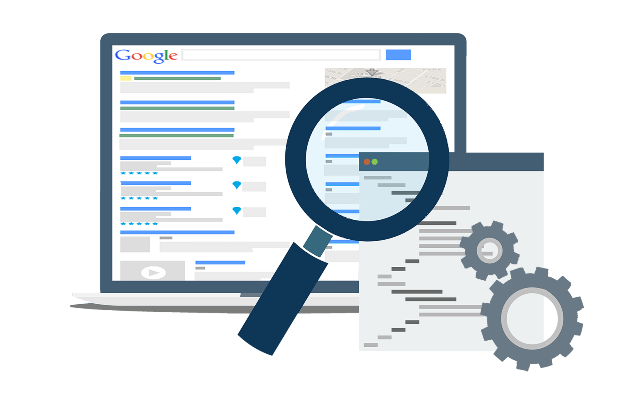The SEO (search engine optimization) arena is a vicious, cold and uncompromising one. There are supposedly over 250 search engine optimization factors you need to be aware of in order to be indexed in the mighty Google. However, that's a long term aim. To begin with, knowing some of the more common factors needed to rank will suffice.
In this article we present some basic search engine optimization tips with the aim of getting you started on the road to SEO domination.
Images
Images are more important than you might think. Recently, Google announced its "Google Dreams" engine - a piece of code written in Python that can "see" images and compare them pixel for pixel.
The technology is far from perfect. In the meantime, it's recommended that in order to help search engines fully understand an image and its relevance to the page, you should use the tags "alt" and "title." The alt tag allows a search engine to relate the content of the image to the content of the text on the page. The content of the alt tag is also presented to text-only browsers.
Another very important aspect of your image is the overall size. No-one wants to wait around so it's recommended to use a lightweight format such as jpg or gif. You can also remove EXIF data in order to further reduce the size although that won't be a massive factor. You can check your page load times through Google's Webmaster Tools suite.
Meta Description - No Meta, No Rank
The meta description tag is there to help search engines understand what your page is about and in turn how it relates to what a user is searching for. Your meta description is vital to being indexed and key phrases in your meta description should also be present in the page content itself - yes, word for word.
For example the meta might be: "Magic SEO Unicorn is a site dedicated to top level SEO, marketing, keyword research and specialist site architecture." The individual phrases in this meta description should be present in the content two or three times. This helps search engines place a relevance score on your page and allow them to rank it based on relevance in relation to other pages.
Monetization
Everybody wants to monetize their site. The problem is that the big search engines are more than aware of this fact and it's been found that they rank ad-heavy pages way, way down the rankings. Ads should also be displayed below the fold and away from similar looking content.
Not many advertisers want to trick their viewers into clicking on an advert in the belief that they're clicking on standard, functional content. Separate your advertising and if possible, indicate that it is in fact an advert. Site users will appreciate it and will in fact be more inclined to click through and take a look at the offer, providing that they have found it relevant and interesting.
Displaying advertising is fine, but search engines like it below the fold and out of the way of the user experience. You may also be interested in checking out: Pop Ads by Shorte.st – A New Website Monetization Tool
